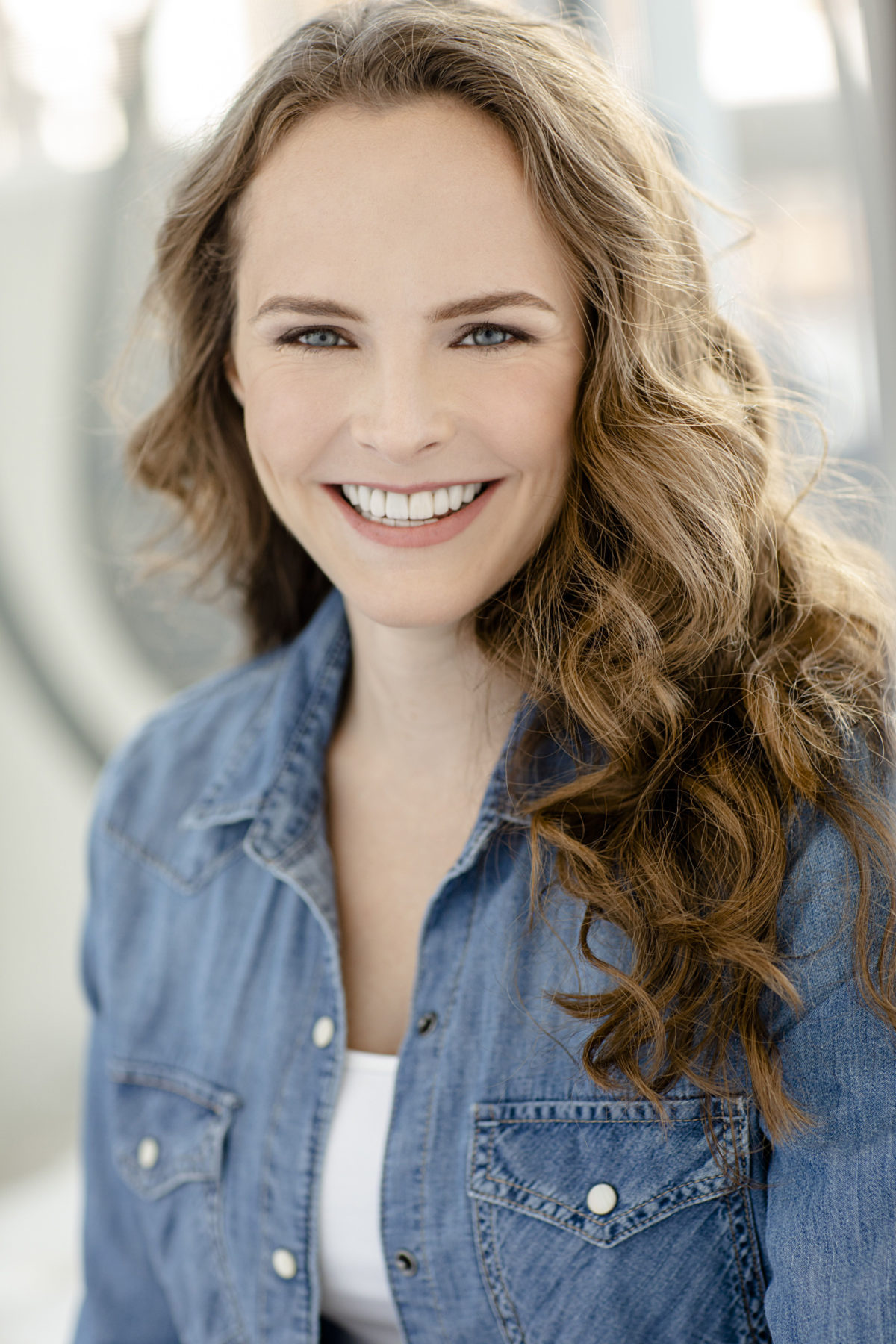Ruhling: The Bargain-Basement Buyer
Digging through the big, brimming bins, Sam Kirby – “that’s Kirby like the pink Nintendo character,” he likes to say — unearths a treasure.

Sam’s the manager of Bingers Bargain Bins.
It’s the Funko Pops doll modeled after Pam Beesley, the level-headed receptionist at Dunder Mifflin on the iconic TV comedy series, The Office.
He thrusts it aloft like a trophy.
Would you buy it for $10.99?
How about $8.49?
Or better yet, how about a pair of Pams for $2.99?
At any price, it’s just so cute that it’s hard to resist.
(Sam didn’t – he has a collection of The Office characters in his own office.)
At Bingers Bargain Bins, the price of Pam and all the other prizes keep going down until they hit rock bottom and are replaced by next week’s shipment of stuff.
Bingers Bargain Bins, which is in an old warehouse that Sam painted bright blue, is a no-frills fun place to shop for big-name brands – you never know what you’re going to find, and that’s the whole point.
Sam, who was a diehard Bingers shopper before he was put on the payroll, recently was seduced by the Angry Mama Microwave Cleaner, a product he didn’t know he couldn’t live without but now wonders how he ever did.
You fill the plastic female figure (its “dress” comes in several colors) with water and vinegar, and pop it in the microwave for 7 minutes. Steam comes out of her head (remember, she’s a mad mama) and softens all the dirt and stains so you can easily clean the appliance.
Bingers Bargain Bins opened at the end of 2020, about six months after Sam arrived in Astoria.
Sam, who was born in Baton Rouge, Louisiana, and grew up in Daphne, Alabama, didn’t expect to buy the Angry Mama.
Nor did he anticipate that he would end up living in the Big Apple.
After attending Louisiana State University for a year, he moved back home and got a job as a customer service representative at a car dealership.
“It was my first real job,” he says, adding that he didn’t know anything about cars. “But I learned a lot – about cars and about people.”

Shopping is like digging for treasure.
Five years later, when his sister vacated her apartment to study abroad for a year, he took her place in Auburn, Alabama, rooming with her best friend, Jackie Goff, who became his girlfriend.
“I went there without a job,” he says, “and I worked in the restocking department of a vending machine company. It was neat because the warehouse was like Willy Wonka’s chocolate factory – I got to snack on Snickers bars and Coca-Cola all the time.”
Sam might still be there had Jackie, a kindergarten teacher, not gotten a job offer in the South Bronx, where she had done a year-long internship.
“We kicked the idea around for about a week,” he says. “I told her moving to New York sounded like it could be fun.”
For the first year, Sam, sitting on his couch with a laptop, devoted himself to finishing his community college degree online.
“I kept delaying things because I really didn’t know what I was interested in majoring in,” he says. “I chose science because it was the most general thing offered.”
He fell in love with Bingers Bargain Bins, which probably is the only discount store in the world that has a disco ball hanging from the ceiling, and when there was a job opening in August 2021, he applied.
“I was shopping there one to two times a week, and the manager recognized me in the interview,” he says.
Sam, who is 28, became the manager in February, and a couple of months later, he proposed to Jackie at the Central Park Reservoir.
Living in the city has been a great adventure for Sam, a tall man with a sliver of a Southern accent that surfaces when he’s smiling, which is pretty much all the time.
“We love it here,” he says. “And I love Bingers Bargain Bins – it’s a fascinating concept.”
Bingers Bargain Bins buys pallets of merchandise returned to major retailers, including Amazon.com.
Some of the items are repackaged by Bingers into so-called “mystery boxes” that sell for $99.99.
“They are a collection of everything in the bins – we go by what we think is fun, not by what we have in excess,” he says. “The retail value always exceeds the price paid.”
Sam is still a frequent shopper at Bingers Bargain Bins.
He looks around his office – his computer mouse, computer stand and paper shredder – yup, they are all from BBB.
“I’ve become the perfect gift giver,” he says, grinning. “I’m always finding little doodads.”
Nancy A. Ruhling may be reached at Nruhling@gmail.com; @nancyruhling; nruhling on Instagram, nancyruhling.com, astoriacharacters.com.

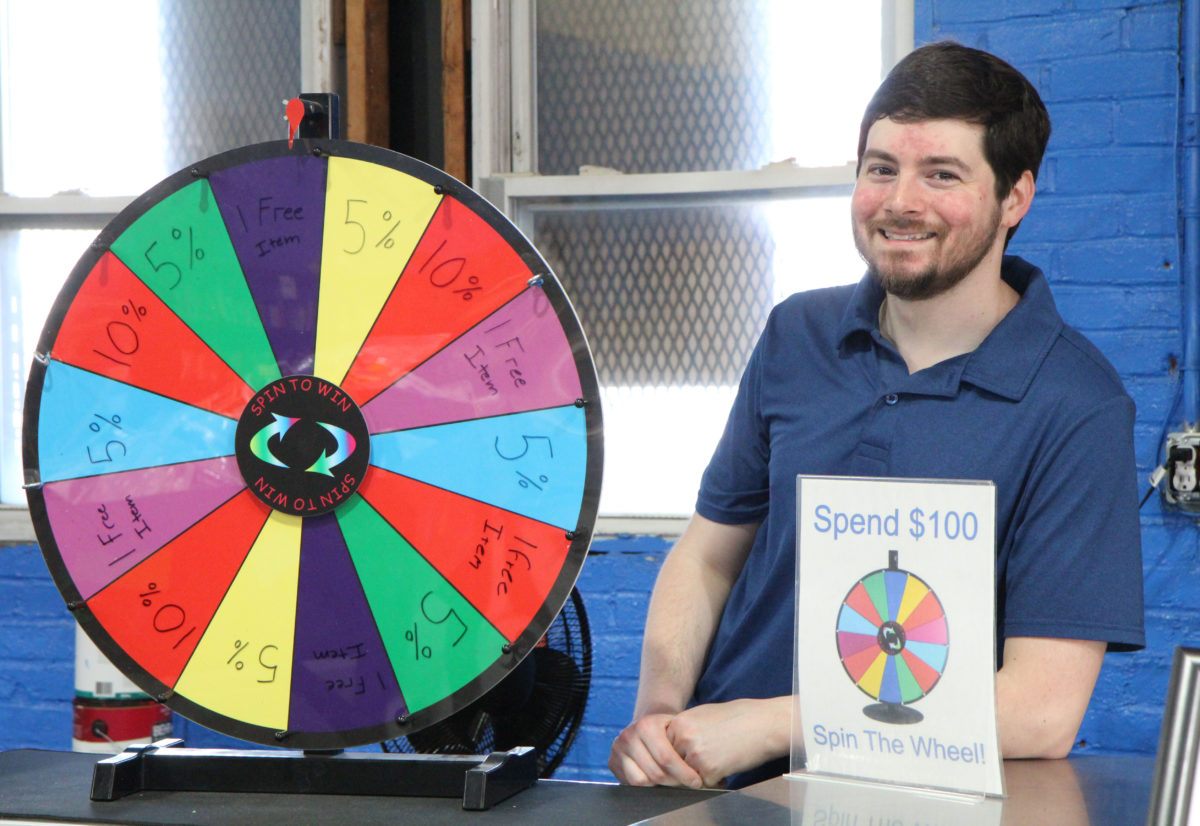
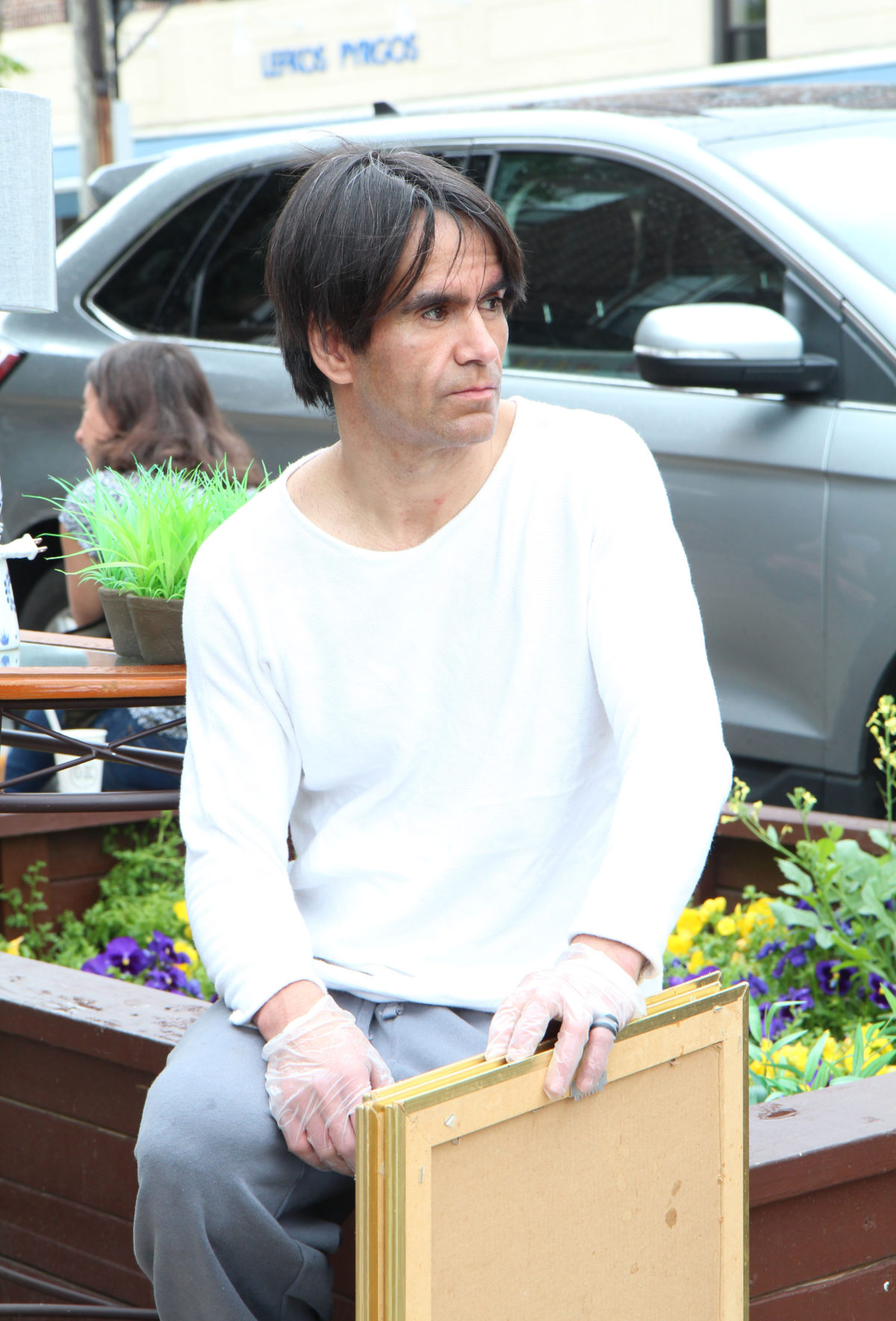



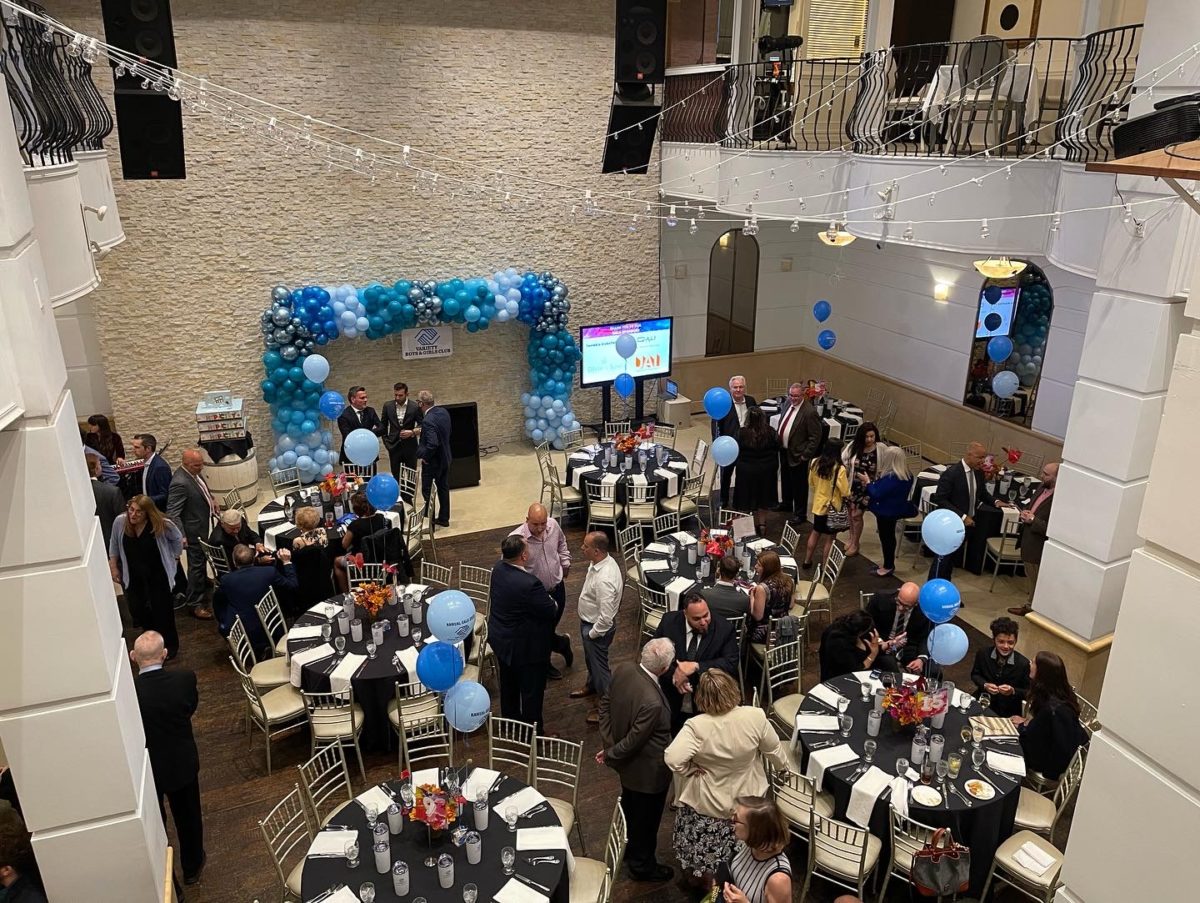

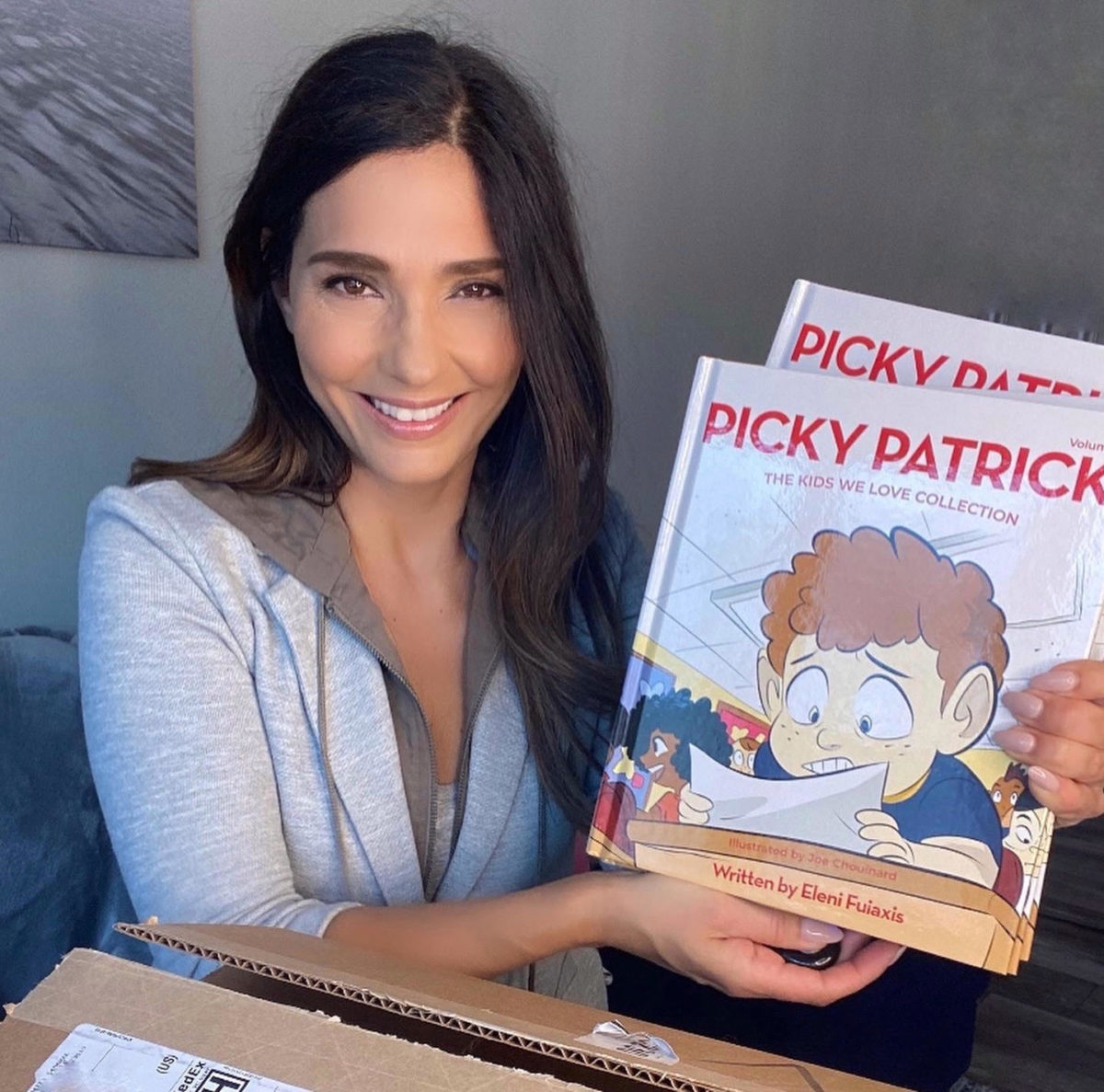

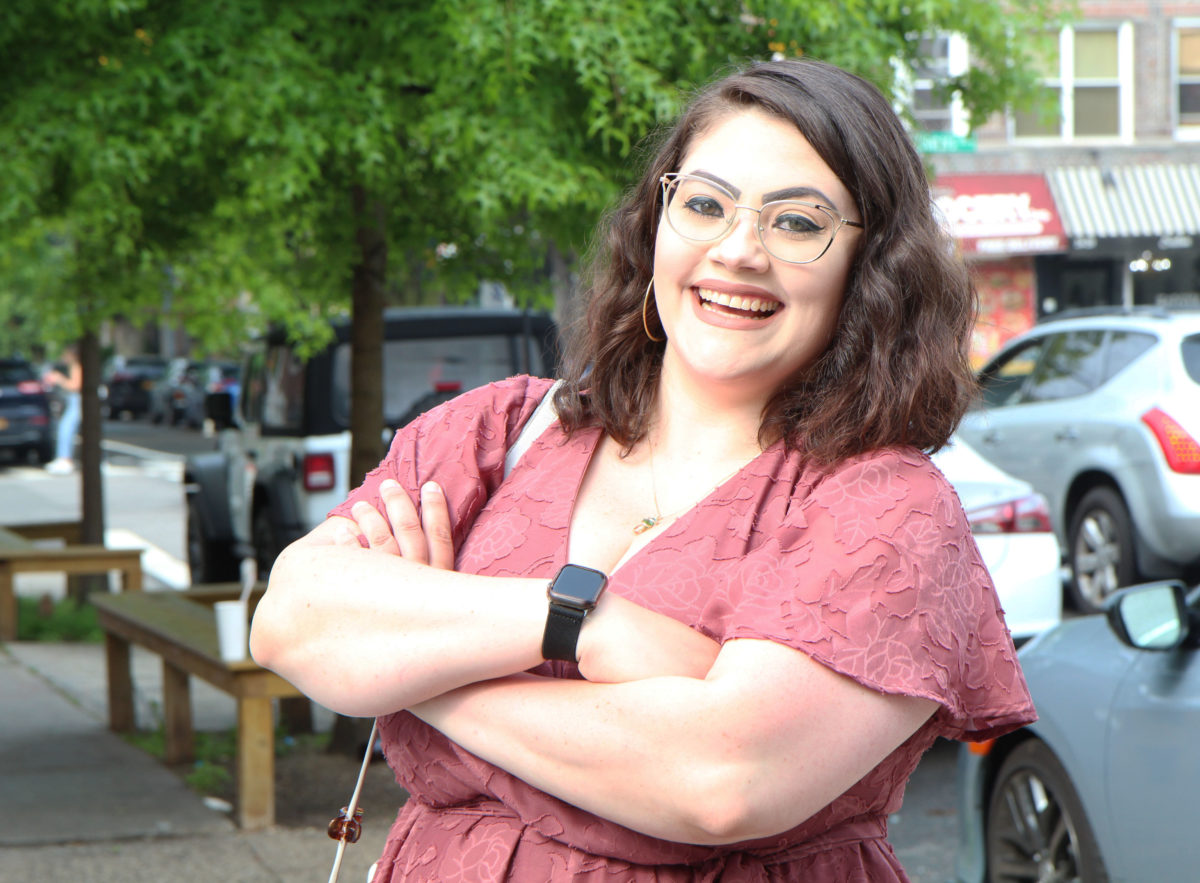


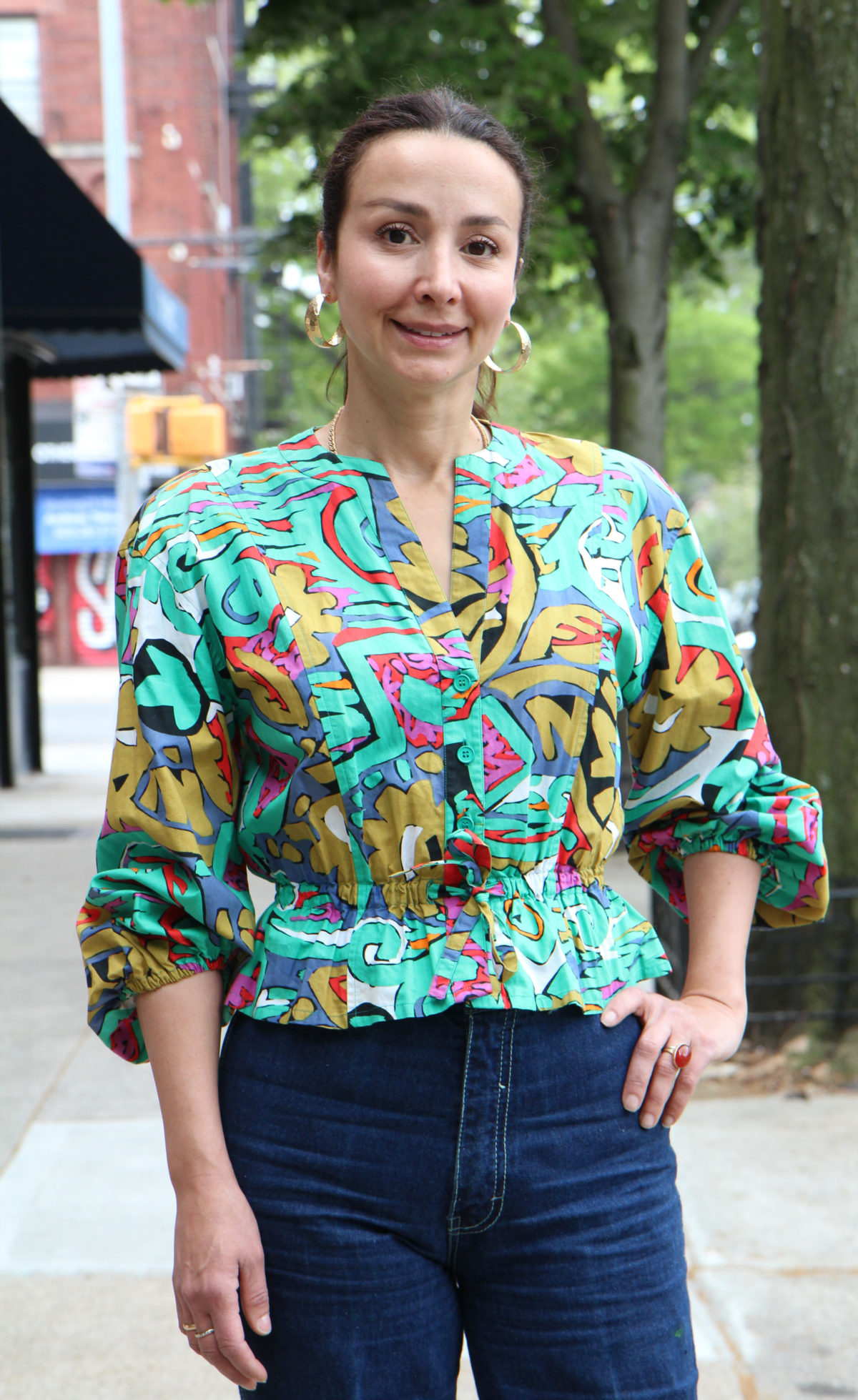
 Lisa, model tall with long black hair that she tames by tying it back in a ponytail, was born and raised in Wallingford, Connecticut, which she calls a “lovely little suburban town that I always wanted to get out of when I was young but that I now am nostalgic about.”
Lisa, model tall with long black hair that she tames by tying it back in a ponytail, was born and raised in Wallingford, Connecticut, which she calls a “lovely little suburban town that I always wanted to get out of when I was young but that I now am nostalgic about.” She started selling online and about eight years ago began setting up at the Brooklyn Flea in Dumbo and Chelsea.
She started selling online and about eight years ago began setting up at the Brooklyn Flea in Dumbo and Chelsea.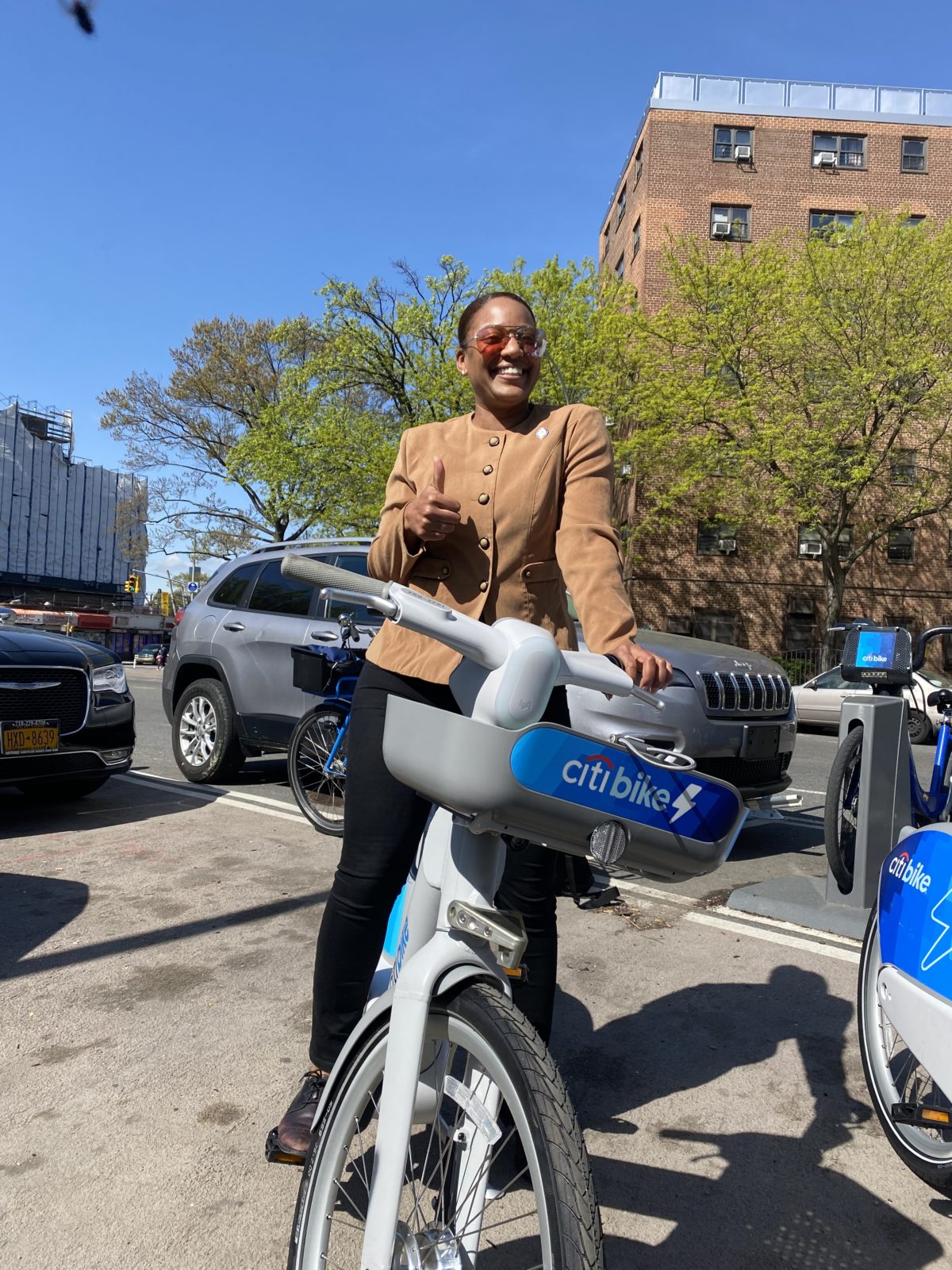
 The young Manhattan-based entrepreneur says he discovered Citi Bike’s fleet of e-bikes last summer and has been riding ever since.
The young Manhattan-based entrepreneur says he discovered Citi Bike’s fleet of e-bikes last summer and has been riding ever since. Laura Fox, the general manager of Citi Bike, outlined some of the new features of the revamped e-bikes, which include a longer-lasting battery life up to 60 miles and a reflective-paint that is highly-visible at night.
Laura Fox, the general manager of Citi Bike, outlined some of the new features of the revamped e-bikes, which include a longer-lasting battery life up to 60 miles and a reflective-paint that is highly-visible at night.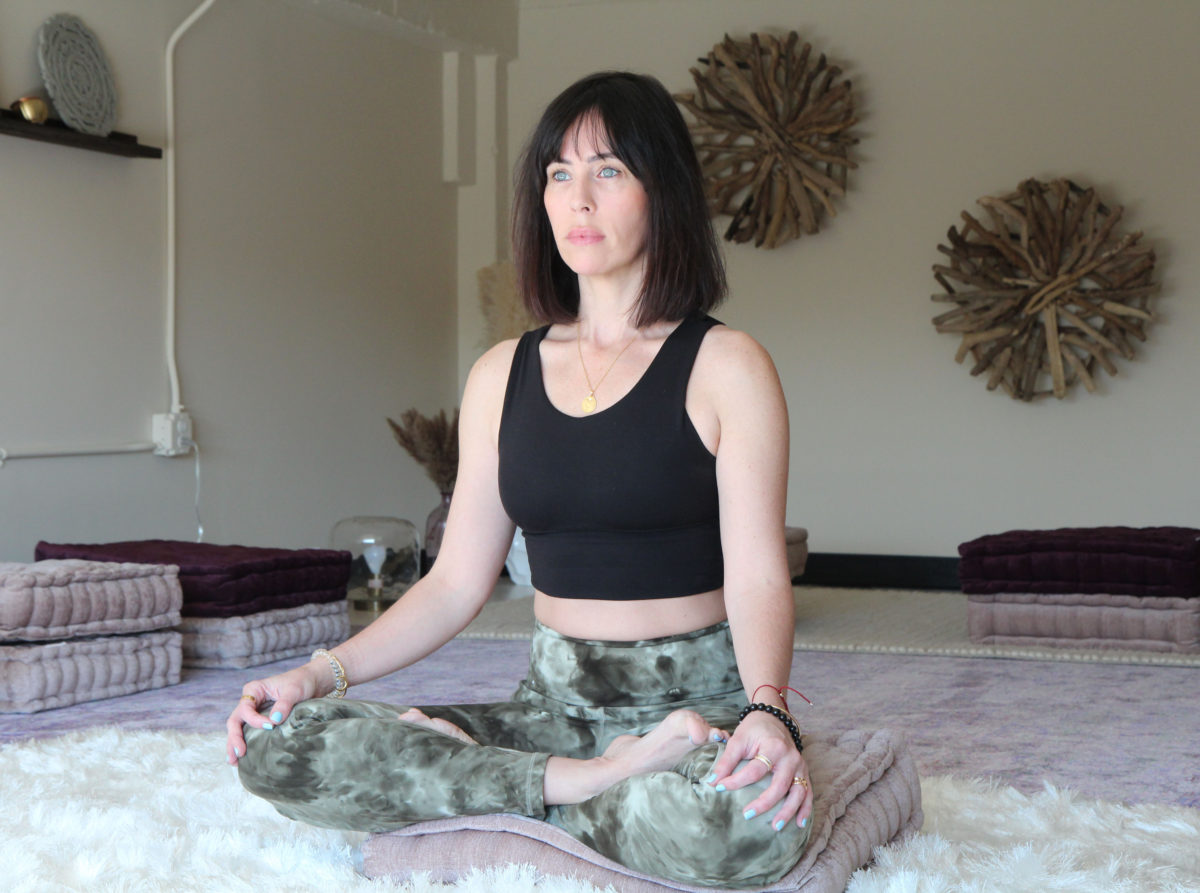
 The lights are low, the music is soft, and the sweet scent of flickering candles is oh so soothing.
The lights are low, the music is soft, and the sweet scent of flickering candles is oh so soothing. “I was so broke that I ate cereal for breakfast, lunch and dinner,” she says. “And I walked to work to save the subway fare – it was five to six miles each way.”
“I was so broke that I ate cereal for breakfast, lunch and dinner,” she says. “And I walked to work to save the subway fare – it was five to six miles each way.” “Yoga changed my life,” she says. “The first thing I learned was that I wasn’t breathing – I was holding my breath. Yoga reconnected me to my breath.”
“Yoga changed my life,” she says. “The first thing I learned was that I wasn’t breathing – I was holding my breath. Yoga reconnected me to my breath.”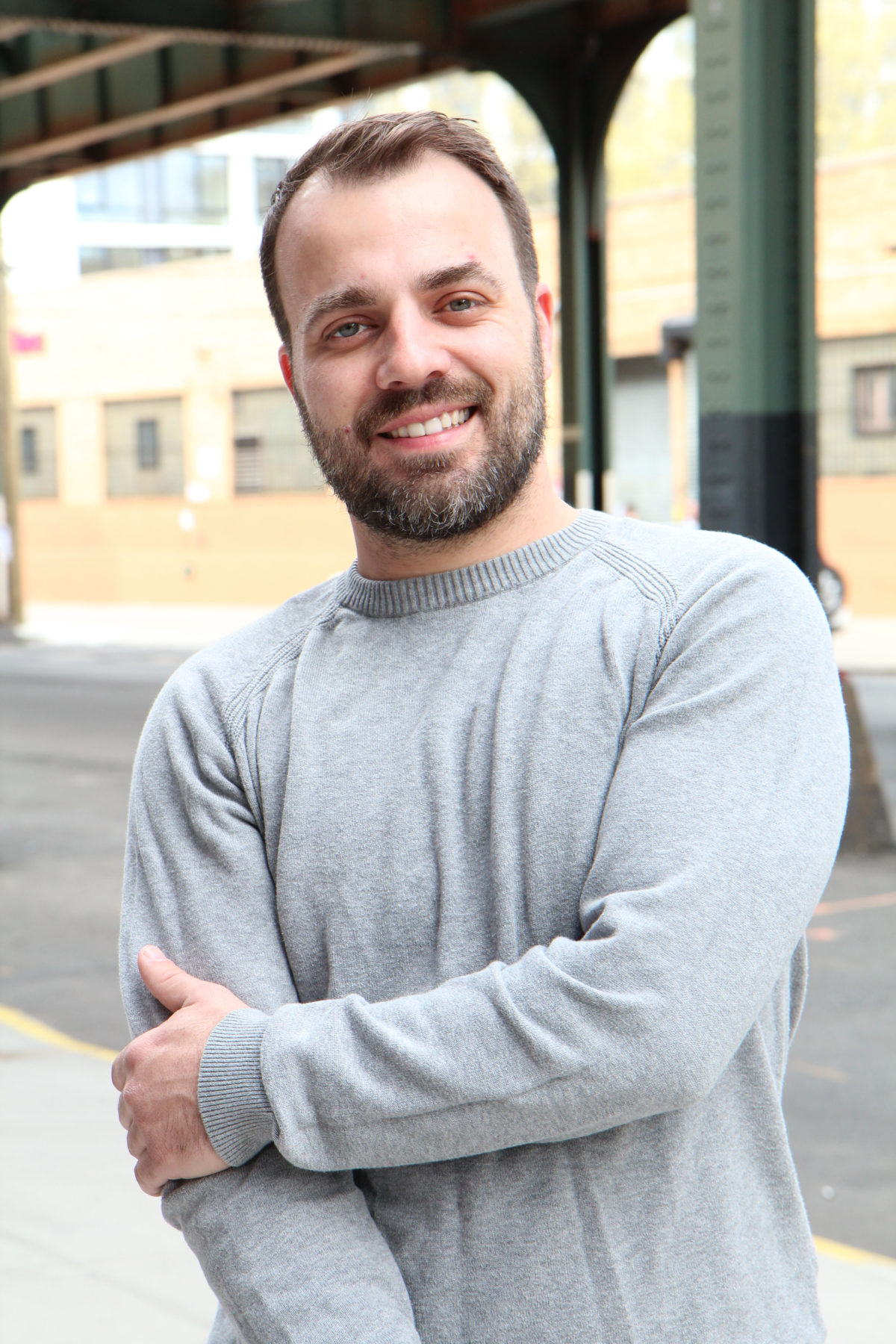
 This is week No. 5 of the wholesale/discount store’s existence, and he’s really pumped.
This is week No. 5 of the wholesale/discount store’s existence, and he’s really pumped. And that might have been the end of the story had his aunt not decided to retire and sell the store, which, he adds, may or may not happen any time soon.
And that might have been the end of the story had his aunt not decided to retire and sell the store, which, he adds, may or may not happen any time soon.